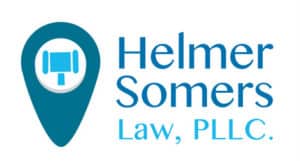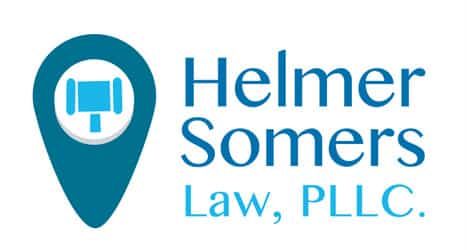
Chapter 11 is a form of bankruptcy that involves a reorganization of a debtor’s business affairs, debts, and assets, and for that reason is known as “reorganization” bankruptcy. It is most often used by large entities, such as businesses, though it is available to individuals as well.
How Does A Chapter 11 Bankruptcy Work?
Businesses turn to Chapter 11 bankruptcy when pinched financially—often due to a temporary downturn. It can help a viable business keep the doors open long enough to regroup and reimagine a future-forward strategy. It doesn’t matter whether the company is avoiding paying vendors, having a tough time meeting payroll or rent, or struggling with some other obligation that’s come due— the debt relief afforded by Chapter 11 gets businesses back on track. For individuals, it is appealing because it allows you to reorganize and create a future plan.
How Do I Qualify for a Chapter 11 Bankruptcy?
You cannot focus on owning or managing real property. At the time this post is written, your debts can’t exceed $1,184,200 in secured debt (mortgage, car payments) and $394,725 in unsecured debt (credit cards) in order to qualify. That’s why celebrities and pro athletes often file Chapter 11. Real estate investors also find it handy since it allows assets to be written down. There is no regular income requirement. In fact, there is no income requirement whatsoever. Many chapter 11 cases are filed for individuals who have no income but have assets that will be sold and used to fund a chapter 11 plan. Corporations, partnerships, and limited liability companies (LLCs) usually file Chapter 11, but in rare cases, individuals with a lot of debt who do not qualify for Chapter 7 or 13 may be eligible for Chapter 11.
The Goal of Chapter 11 Bankruptcy
The goal of Chapter 11 is to create a financial plan that the filer, creditors, and the court agree will enable the company to remain open and prosper. The plan can include modifying interest, payment due dates, and other terms—it can even discharge (erase) debt entirely. Most plans provide for at least some downsizing of the debtor’s operations to reduce expenses and free up assets. If all necessary creditors approve of the plan, it becomes a new contract, and the filer receives the debt discharge immediately. If the court approves the plan without creditor consent, such as in Chapter 11, Subchapter V, the filer must make all required payments before receiving the debt discharge.
Starting the Process and Filing the Forms
Paying a bankruptcy lawyer may save you money in the long run. Since only lawyers are able to give you legal advice, it rarely (if ever) makes sense to pay a paralegal to fill out the forms for you. The bankruptcy process is administered by federal courts. To start the process, a debtor will need to file certain forms with the federal bankruptcy court in the district where they live, or the district that has jurisdiction over a business debtor. You will have to use a variety of different forms. The types of forms that you have to fill out include assets and liabilities, unsecured claims, real and personal property, assets and liabilities, statements of financial affairs, and more. So legal advice is always helpful.
Accumulating debts can cause substantial stress for individuals and businesses. If the pressure grows too great, bankruptcy may be the only viable solution.
We are committed to helping families resolve legal challenges and get back to their lives. We offer the guidance and support that you will need when you are involved with the legal system.
Contact Us (859-371-0730) for a Consultation Today
—

About Helmer Somers Law
Helmer Somers Law helps individuals and businesses navigate the complex system of rules that accompany all legal situations. We are licensed to practice in both Kentucky and Ohio and offers flexible, affordable payment terms for our services. We welcome the opportunity to earn your trust and become your lawyer for life! It’s a fact of life in the modern world. There comes a time for virtually every adult American when the services of a competent, dedicated lawyer are required. Circumstances such as divorce, bankruptcy, estate planning or an income tax audit demand that your rights be protected, and your long-term interests advocated for with diligence and perseverance. When you call Helmer & Somers Law, you can rest assured that they will be.
